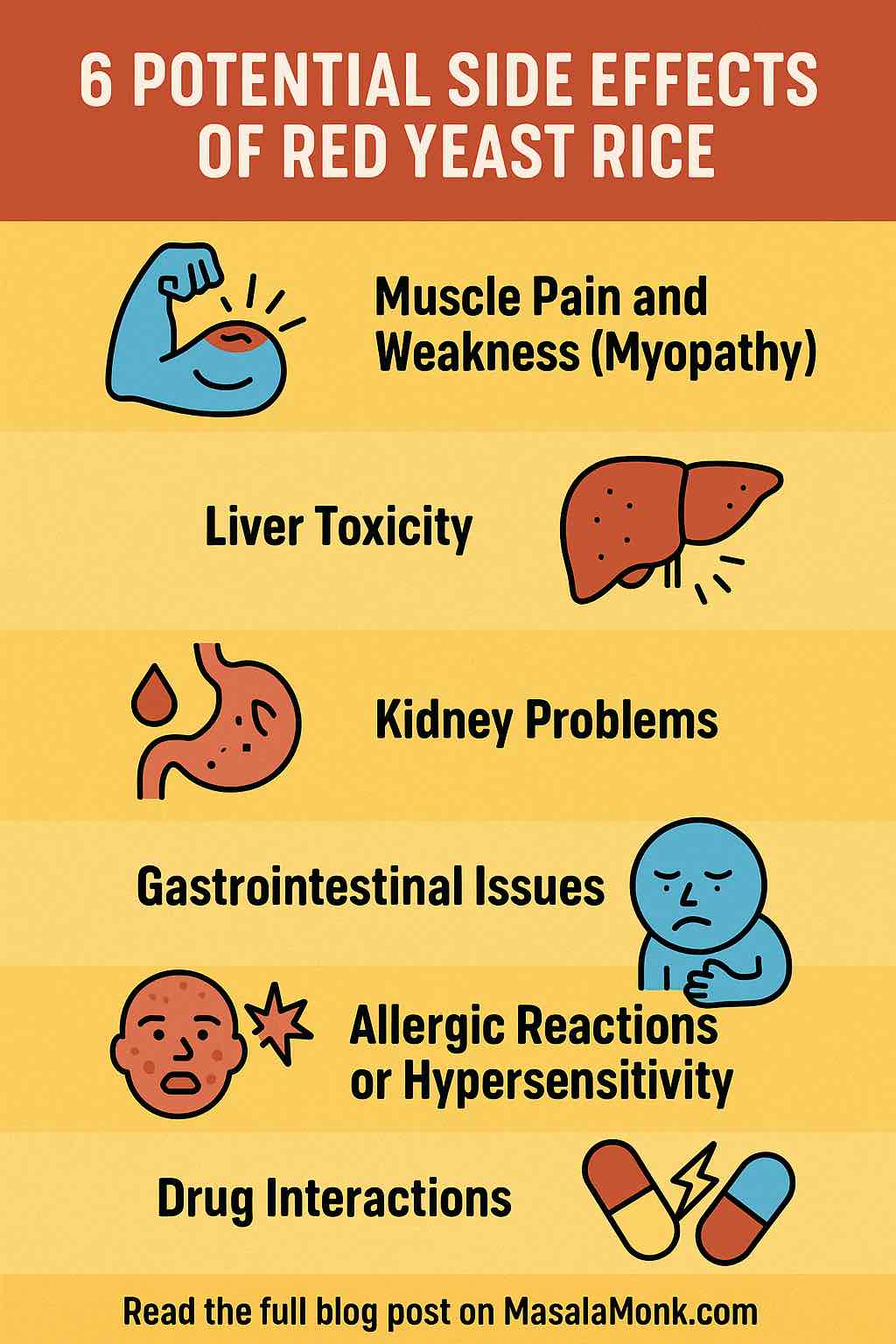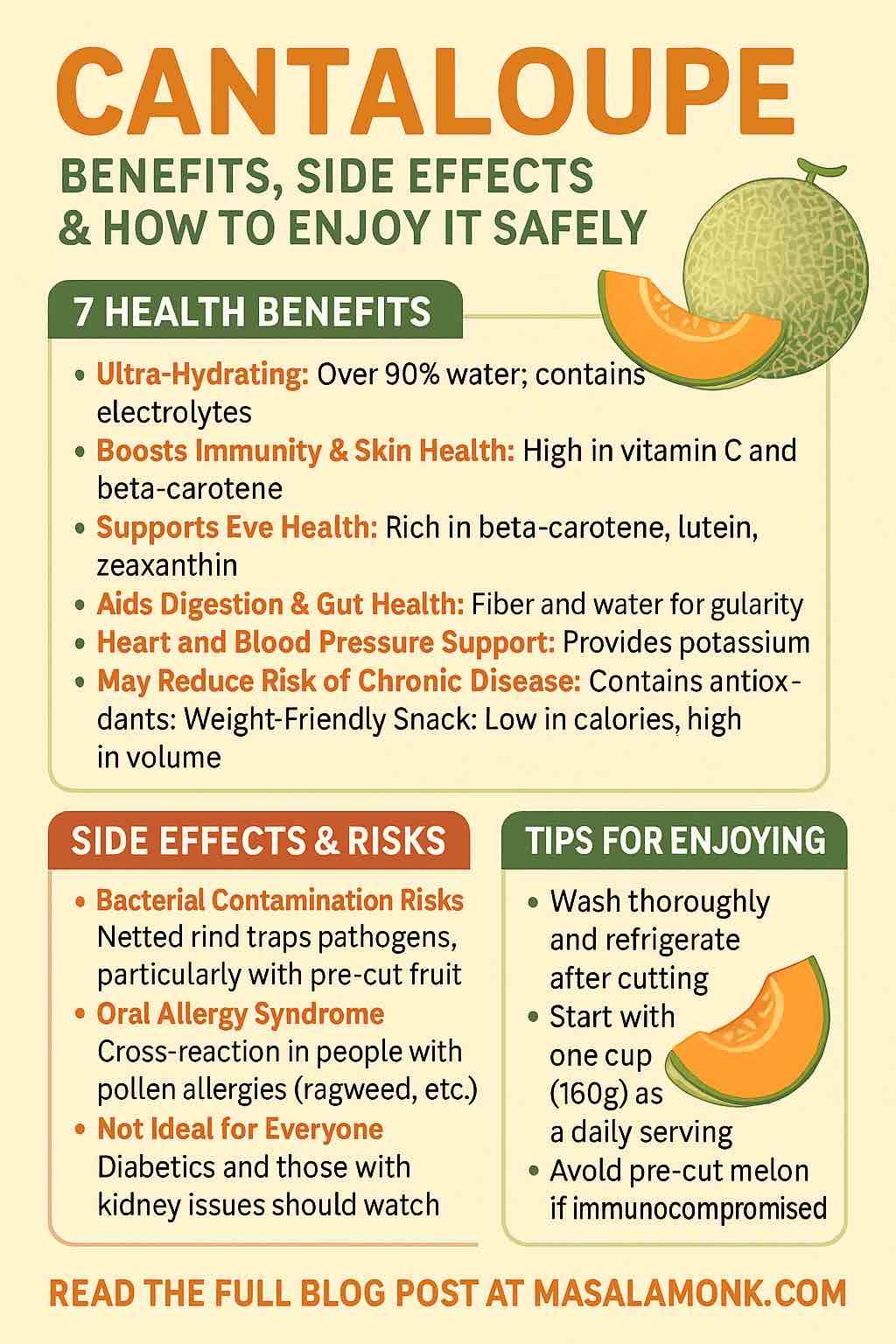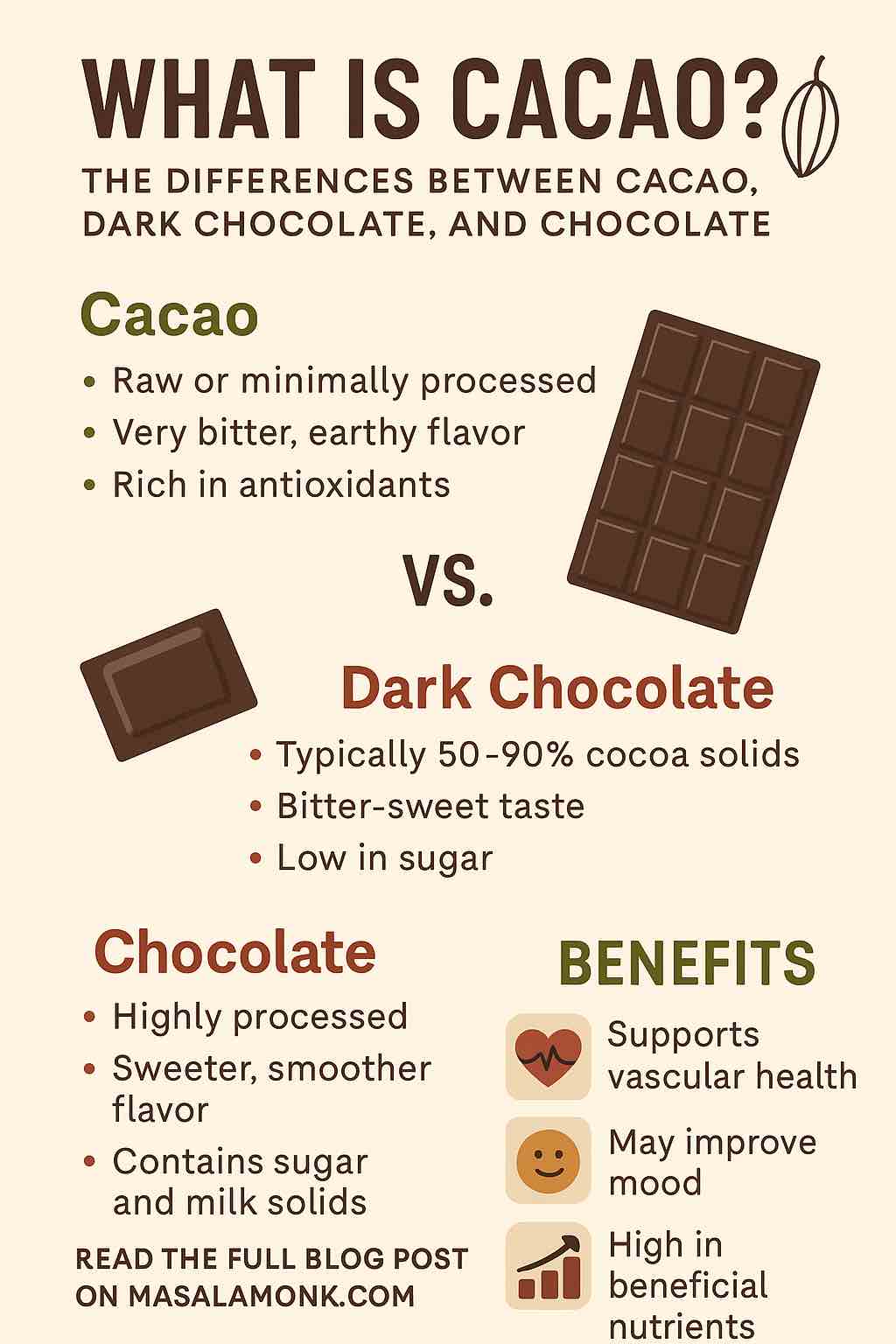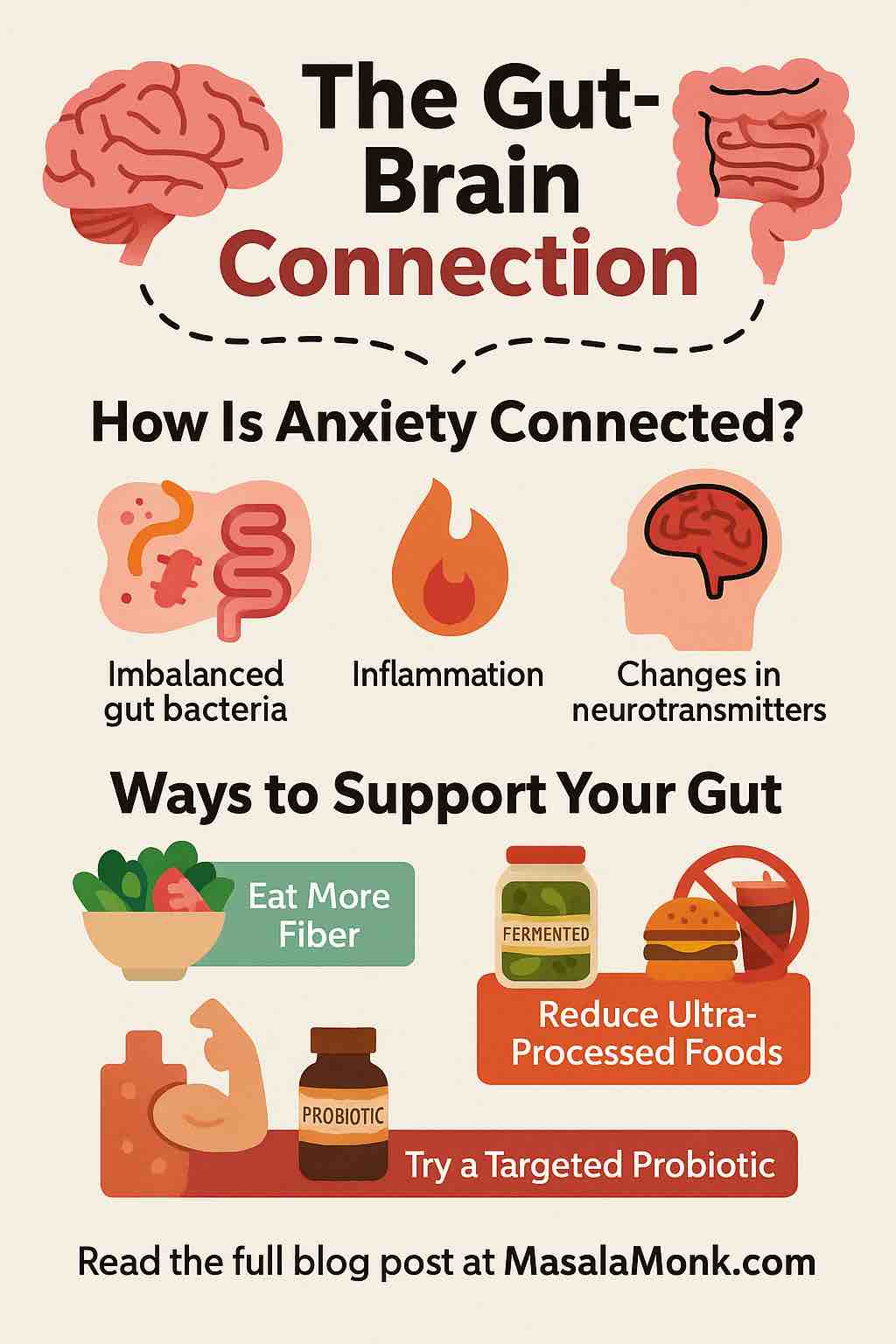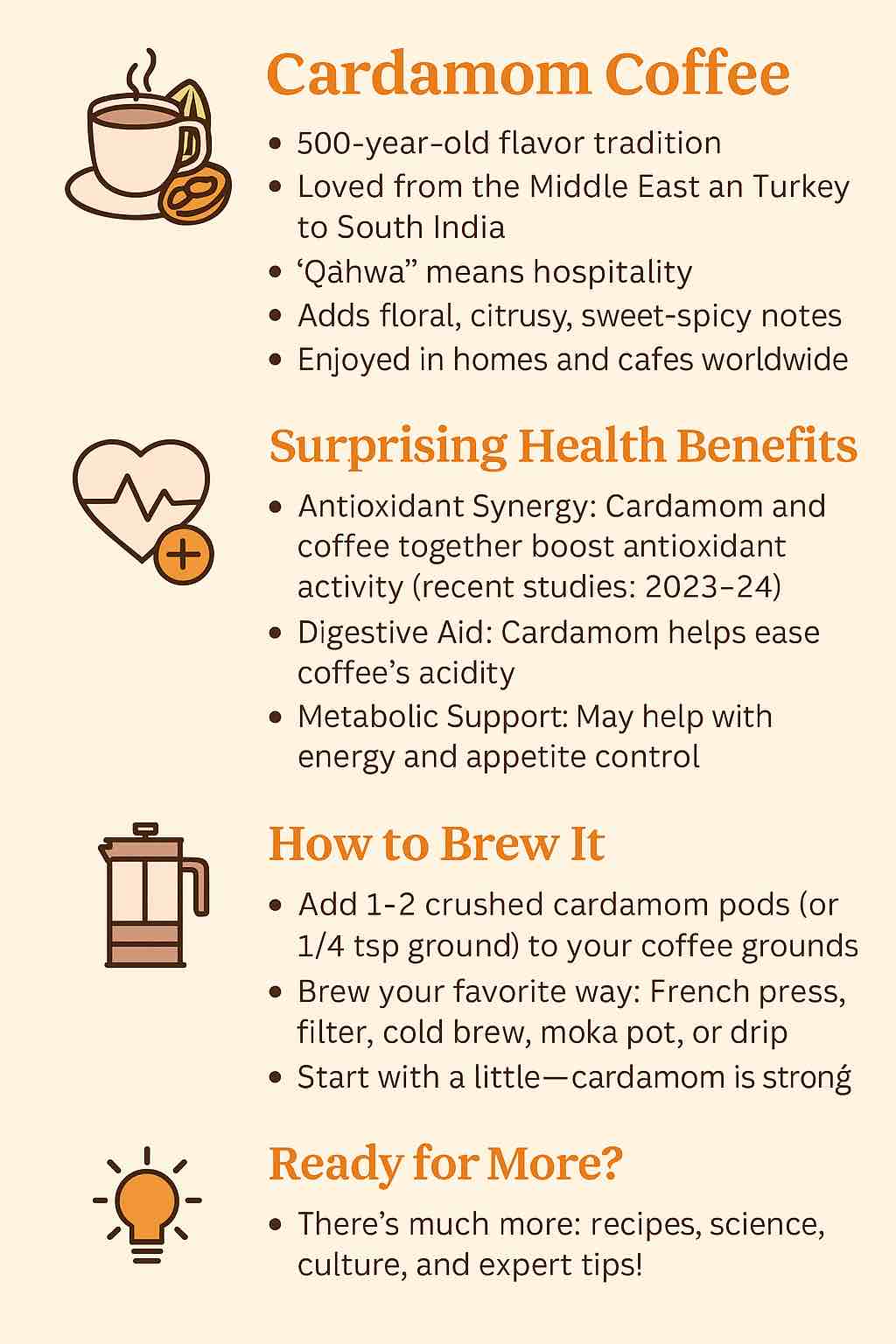
Coffee—that daily ritual, a comforting aroma that kickstarts mornings across the globe.
But what if you could take your cup further, adding a centuries-old spice that transforms the experience both sensorially and, possibly, for your health?
Enter cardamom, a jewel among spices, revered for its perfume-like flavor and myriad benefits.
In this in-depth post, we explore how and why you should try cardamom in your coffee, what the research says, how to brew it right, and practical tips for making it your own.
1. A Journey Through Time: Cardamom & Coffee in Culture
The marriage of cardamom and coffee isn’t new—it’s deeply rooted in tradition.
- Middle Eastern Origins: In the Arabian Peninsula, serving “Qahwa” (Arabic coffee spiced with cardamom) is a centuries-old sign of hospitality. The blend has traveled from Bedouin tents to bustling modern cafes.
- Ritual & Respect: In Saudi Arabia and neighboring Gulf countries, offering cardamom coffee to guests is a mark of honor.
- Global Spread: Turkish and Persian coffee cultures also embrace cardamom. Even in parts of South India, cardamom adds an aromatic twist to filter coffee.
Why cardamom? Beyond flavor, it’s a symbol of warmth, generosity, and connection.
2. Science in Your Cup: What Happens When Cardamom Meets Coffee?
Flavor Chemistry
- Aromatic Powerhouse: Cardamom’s essential oils (cineole, limonene, terpinene) mingle with coffee’s roasted notes, smoothing bitterness and lifting the cup with sweet, floral, and citrus hints.
- Balanced Brew: Properly balanced, cardamom can mellow acidity and create a cup that’s simultaneously bold and soothing.
Health & Wellness: The Latest Research
Recent studies (2023–2025) illuminate intriguing benefits:
- Synergistic Antioxidants: Combining cardamom with coffee may amplify antioxidant activity, helping reduce inflammation and cellular stress.
- Heart & Metabolic Health: Cardamom has been shown to lower blood pressure and inflammation, though a few studies suggest high cardamom intake in coffee might modestly raise LDL cholesterol. Moderation is key.
- Digestive Ease: Cardamom’s traditional use as a digestive aid can help counter coffee’s acidity, reducing bloating or discomfort for some.
- Antimicrobial Boost: Cardamom’s natural compounds also display antimicrobial action, supporting overall health.
- Energy & Appetite: Animal research shows cardamom may stimulate appetite while also boosting energy expenditure, suggesting a possible role in weight regulation.
Note: While the synergy is promising, individual responses vary—especially with underlying health conditions. When in doubt, consult your healthcare provider.
3. How to Make Cardamom Coffee: Practical Brewing Guide
Ready to try this ancient-modern fusion at home?
Here are practical methods, from traditional to quick hacks:
Classic Arabic Cardamom Coffee (Qahwa)
You’ll Need:
- 2 cups water
- 2 tbsp lightly roasted, coarsely ground Arabica coffee
- 4–6 green cardamom pods, lightly crushed
- Optional: pinch of saffron, rose water, or a few cloves
Method:
- Bring water to a boil.
- Add cardamom pods (and saffron, if using); simmer 2–3 minutes.
- Add coffee; bring just to a gentle boil, then reduce heat.
- Simmer (don’t boil hard) for 5–10 minutes.
- Let grounds settle. Pour carefully into a serving pot, leaving grounds behind.
- Serve in small cups, optionally sweetened or with dates on the side.
Turkish or Indian-Style Cardamom Coffee
- Mix ¼–½ tsp ground cardamom with ground coffee before brewing in a cezve (Turkish pot) or stovetop moka pot.
- For French press or drip, simply add ground or lightly crushed pods to the coffee grounds before brewing.
Espresso or Quick Add-In
- Add a pinch (⅛ tsp) of ground cardamom to your portafilter before pulling a shot.
- Or, stir a pinch into your finished cup—great for cold brew, too!
Pro Tip:
Start with less cardamom and increase to taste. Cardamom’s flavor is potent—too much can overwhelm!
4. Variations & Modern Twists
- Iced Cardamom Coffee: Brew strong coffee with cardamom, cool, and serve over ice with a splash of milk.
- Cardamom Coffee Syrup: Make a simple syrup with cardamom pods and sweeten your coffee or desserts.
- Coffee Cocktails: Cardamom pairs brilliantly in espresso martinis or spiked coffee drinks.
5. Cardamom in Coffee: Buying, Storing, and Blending
- Buying: Always choose fresh, green cardamom pods over pre-ground. Pods lock in oils and flavor.
- Storing: Keep pods airtight, away from light and heat.
- DIY Blend: Grind pods with your coffee beans just before brewing for the freshest taste.
6. FAQs & Practical Tips
Q: How much cardamom should I use?
A: For an 8 oz cup, 1–2 pods or a generous pinch (⅛–¼ tsp) of ground cardamom is a good starting point.
Q: Can I use pre-ground cardamom?
A: Yes, but flavor fades quickly. Whole pods, freshly crushed or ground, are best.
Q: Any health risks?
A: Cardamom is safe for most people in culinary amounts. High doses may not suit those with gallstone issues or certain allergies. Moderation is your friend.
7. The Future of Cardamom Coffee: Trends & Products
- Resurgence: Specialty cafes and global coffee shops are rediscovering traditional recipes.
- Ready-to-Drink: Look for bottled cardamom cold brews, instant blends, and even cardamom coffee pods.
- DIY Movement: At-home baristas are blending spices into their morning routines, inspired by both nostalgia and novelty.
8. Conclusion: Why You Should Try It
Cardamom in coffee is more than just a flavor hack.
It’s a celebration of culture, a possible health booster, and a way to personalize your daily ritual with a touch of ancient wisdom. Whether you crave the classic or the creative, this fusion is an invitation to slow down, savor, and explore.
Have you tried cardamom in your coffee? Share your experience, recipes, or tips below!
Ready to take your coffee on a flavor adventure? Try cardamom—and taste history, science, and delight in every sip.

